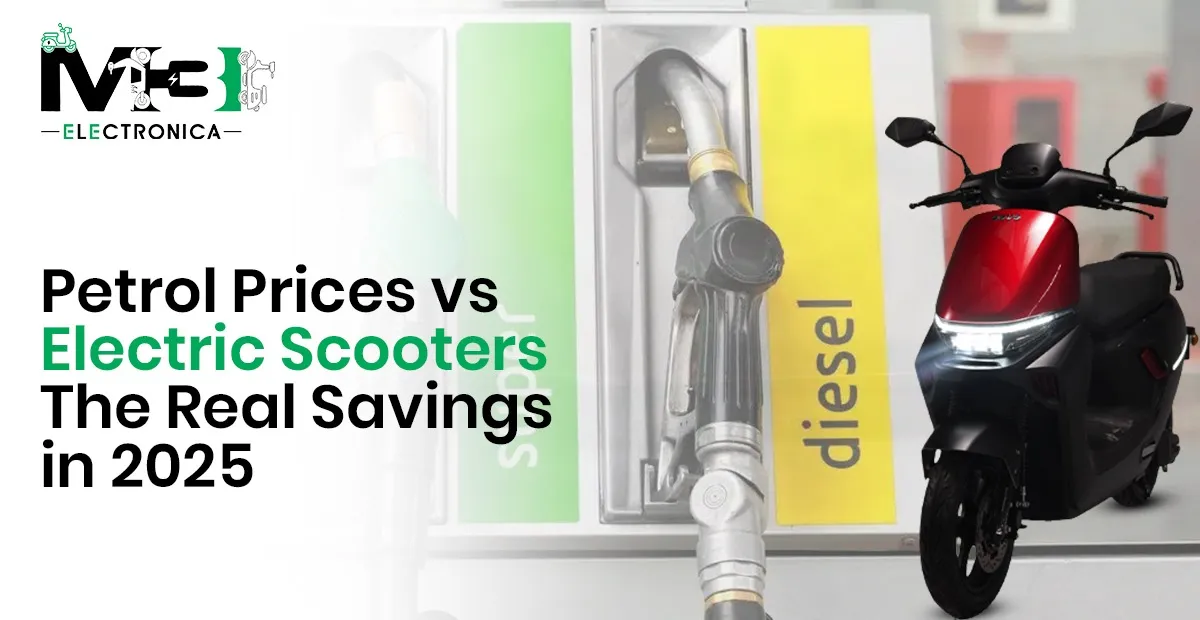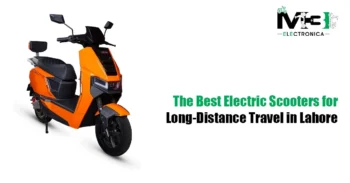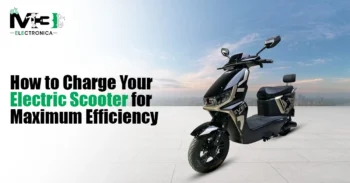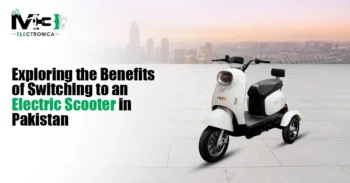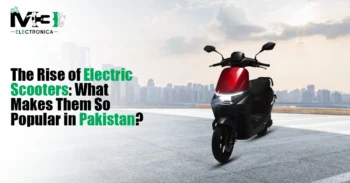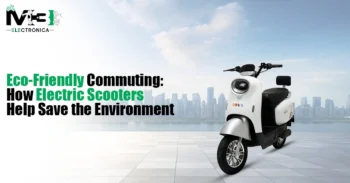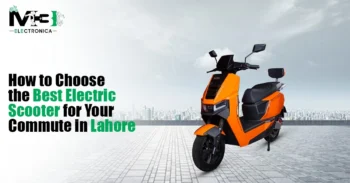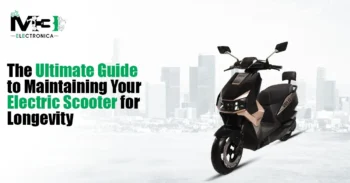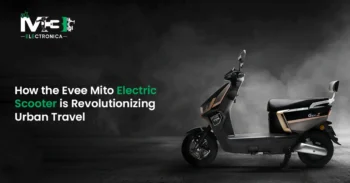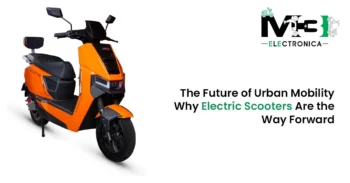In Pakistan today, every increase in petrol price puts more pressure on your budget. With rates hovering around Rs 264.61 per litre, frequent hikes driven by global oil markets and currency fluctuations make travel costs unpredictable. This raises an important question: Can switching to an electric scooter really save you money in 2025? When comparing Petrol Prices vs Electric Scooters, the savings become clearer and highlight why more people are considering the switch.
The Rising Cost of Petrol in Pakistan
- Petrol is currently priced at Rs 264.61/litre.
- Prices are adjusted every fortnight due to forex changes and refining costs.
- Even small hikes, like Rs 1.50 per litre, add up significantly for daily riders.
For someone who depends on a scooter every day, this unpredictability is both financially and mentally draining.
Electric Scooters: Costs & Benefits
To compare fairly, let’s look at the key differences:
| Expense | Petrol Scooter | Electric Scooter |
| Purchase Price | Lower upfront for basic models. | Higher upfront, but supported by EV duty reductions. |
| Fuel/Energy | Petrol refills—volatile prices. | Charging costs are far cheaper per km. |
| Maintenance | Oil changes, engine repairs, exhaust system. | Fewer moving parts—mainly tires, brakes, and battery care. |
| Convenience | Refueling in minutes, petrol stations everywhere. | Charging takes longer; fewer public charging points. |
Real-Life Cost Comparison
Let’s say you travel 40 km daily in a big city:
- Petrol scooter (30 km/litre):
- Daily fuel = ~1.3 litres
- Monthly = Rs 10,500+
- Yearly = ~ Rs 127,000
- Electric scooter (60 Wh/km, Rs 35/kWh):
- Monthly = Rs 2,500–3,000
- Yearly = ~ Rs 30,000
👉 That’s a potential saving of Rs 100,000+ annually, plus lower service costs.
What Affects Your Savings?
While savings look attractive, real results depend on:
- Electricity tariffs – High rates or outages can impact cost advantage.
- Battery life – Most last 2–4 years; replacement is a major expense.
- Charging access – Home or workplace charging makes life easier.
- Government incentives – Lower duties make EVs more affordable.
- Usage habits – Distance, load, and terrain all affect efficiency.
The Bigger Picture: Environmental & Lifestyle Benefits
Electric scooters are not only about saving money—they also reshape your lifestyle:
- Cleaner air – Petrol scooters emit carbon monoxide, nitrogen oxides, and other pollutants. EVs produce zero tailpipe emissions. In cities like Karachi and Lahore, where smog is a serious health issue, switching to electric helps reduce pollution.
- Quieter rides – Electric scooters run smoothly and quietly, reducing noise pollution in congested areas.
- Ease of ownership – No more long queues at petrol pumps. You simply charge your scooter overnight at home, ready for the next day.
- Eco-conscious image – Choosing electric shows responsibility toward the environment, which many young professionals and students value today.
Electric Scooters in Pakistan: Current Trends
- Growing adoption in Lahore, Karachi, and Islamabad as petrol becomes expensive.
- The government’s EV policy (2020–2025) offers duty exemptions on EVs and parts.
- Challenges: higher upfront prices, limited charging infrastructure, and concerns about durability.
Still, awareness is rising, and many commuters now see electric scooters as a smarter long-term choice.
Should You Switch?
You should consider an electric scooter if you:
- Commute 20–40 km daily
- Have access to reliable charging at home or work
- Plan to use the scooter for several years
If your travel is minimal or electricity is unreliable, a petrol scooter may still suit you better.
Long-Term Financial Perspective
Think of it this way:
- In three years, a petrol scooter could easily cost you Rs 380,000+ in fuel alone.
- An electric scooter in the same period might only cost around Rs 90,000 in charging. Even if you factor in a battery replacement, you still save Rs 200,000 or more.
That kind of saving can go toward education, family expenses, or even upgrading to a better vehicle later.
Conclusion
With petrol prices above Rs 260/litre and likely to climb higher, running a petrol scooter has become very costly. Electric scooters, though more expensive upfront, offer up to 70–80% lower yearly operating costs. They also contribute to cleaner cities, quieter roads, and long-term savings that truly matter.
For many Pakistanis in 2025, switching to electric isn’t just eco-friendly—it’s financially smart.
FAQs
- How long does an electric scooter battery last?
Usually 2–4 years, depending on usage and charging habits. - Do electric scooters need registration in Pakistan?
Yes, most models follow the same rules as petrol scooters. - Is electricity cheaper than petrol?
Yes, per km traveled, charging is far cheaper than refueling with petrol. - How far can electric scooters go per charge?
Generally 50–100 km depending on model, speed, and load. - Are electric scooters easier to maintain?
Yes. They avoid engine issues and oil changes, reducing annual maintenance.
Call to Action
Ready to cut fuel costs and ride into the future? Explore the latest electric scooters at M3 Electronica—built for Pakistani roads, with after-sales support you can trust. Contact us today for a test ride and discover the real savings of going electric

